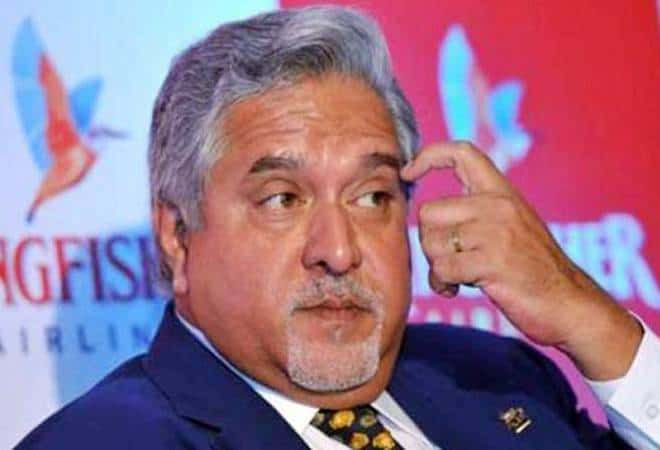
Mallya's Plea Against Extradition Rejected
Consequently, Mallya now has five working days, till April 12, to renew his application in court for admitting his appeal, a spokesperson of the British home office told ANI.
The order of the District Judge of the High Court of England and Wales was passed on Friday.
The 63-year-old embattled liqour baron had approached the court against the February 5 order signed by the UK Home Secretary approving Mallya’s extradition.
The rejection of Mallya’s appeal is seen as a positive development for authorities in India who have been pushing for the extradition of the businessman who faces charges of loan frauds, money laundering and other economic offences.
“Vijay Mallya is accused in India of conspiracy to defraud, making false representations and money laundering offences,” the order said.
A major breakthrough was achieved on December 10 when the Westminster Magistrate’s Court found merit in the charges registered against Mallya in India and approved his extradition.
Sharing details of the development, sources in the Indian government had then said that the completion of the legal process is awaited for the extradition of the fugitive liquor baron.
“We have taken note of the decision of the UK Home Secretary to sign on the order for Vijay Mallya’s extradition to India. While we welcome the UK Government’s decision in the matter, we await the early completion of the legal process for his extradition,” said had sources.
Mallya, who fled India in March 2016 has been living in the United Kingdom since then.
The Patiala House Court in New Delhi has already declared Mallya a proclaimed offender for evading summons in January 2018. The court had also issued an open-ended non-bailable warrant against him for evading summons and law of the land in 2017.
As per the case registered by the Enforcement Directorate, Mallya had allegedly paid $200,000 to a British firm and some European countries for displaying the logo of his now defunct Kingfisher airline in Formula One World Championships in London in 1996, 1997, and 1998.
The investigating agency also claimed that the money was paid without prior approval from the Reserve Bank of India (RBI) in violation of the FERA norms. (ANI)



